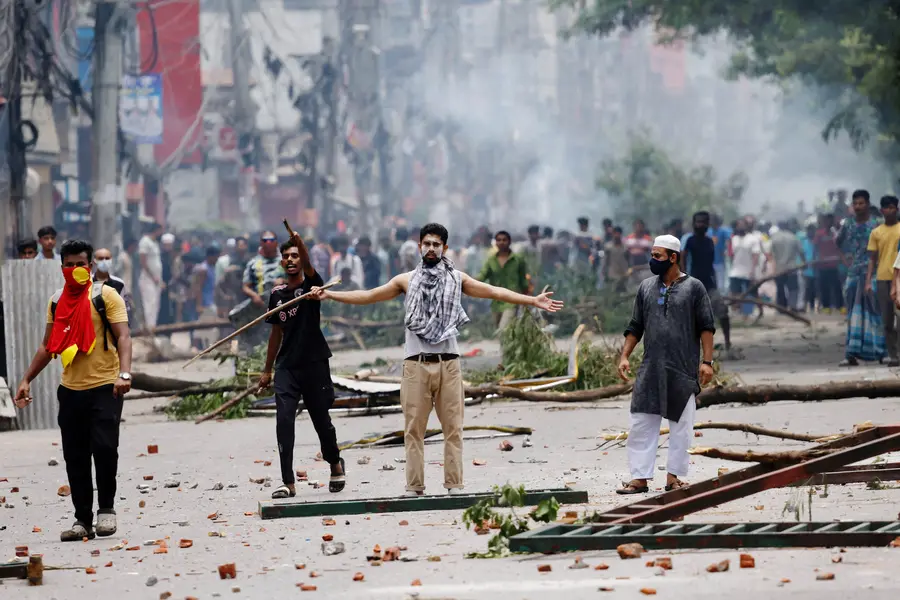BANGLADESH has restored mobile internet, 11 days after a nationwide blackout was imposed to contain deadly protests over quotas in government jobs.
The South Asian nation’s 4G mobile internet services resumed on Sunday, hours after Zunaid Ahmed Palak, the state minister for telecommunications and information communication technology, made the announcement.
“We have decided to restore the 4G network connectivity from 3pm [09:00 GMT] today,” the state minister said, following a meeting with internet service providers (ISP) and other stakeholders in the capital Dhaka.
Social media platforms such as WhatsApp, Facebook, TikTok and YouTube, however, remain restricted. The broadband internet connectivity was restored on Tuesday, but a vast majority of internet users in Bangladesh rely on mobile devices to connect with the world.
On July 17, Prime Minister Sheikh Hasina’s government had suspended mobile internet services, deployed the army and imposed a curfew after tens of thousands of students hit the streets, demanding reforms in the quota system which reserved 30 percent of government jobs for relatives of veterans who fought in the 1971 war of independence against Pakistan.
The protests – one of the biggest upheavals of Hasina’s 15-year tenure – remained largely peaceful until the demonstrators were attacked by the police and pro-government student groups last week.
Home Minister Asaduzzaman Khan on Sunday said at least 147 people were killed during the violence, in the government’s first toll, published a day after the main protester group, Students Against Discrimination, gave its own preliminary count of at least 266 dead.
Speaking to reporters in Dhaka, Khan said the deceased included students, police, activists, and people from various professions, adding that further investigation is under way to determine the total death toll.
Independent estimates put the toll at more than 200.






